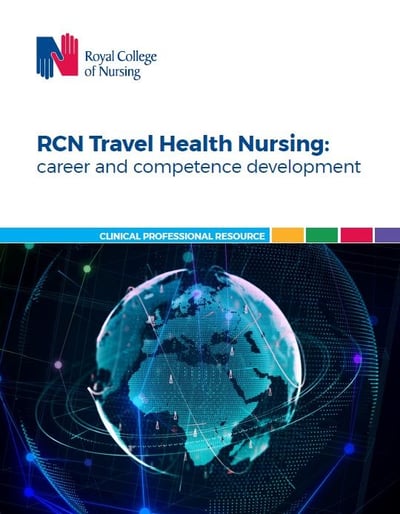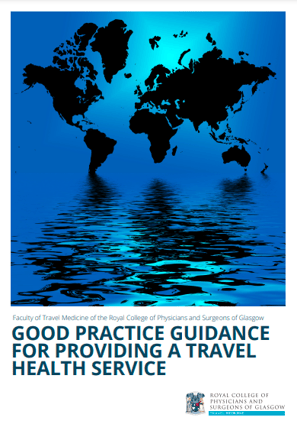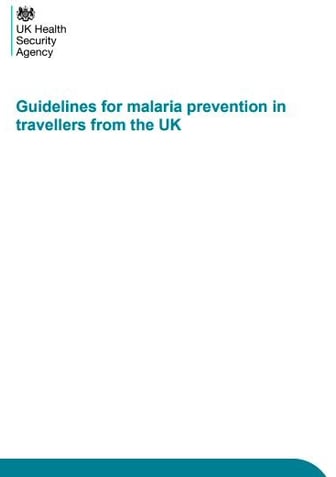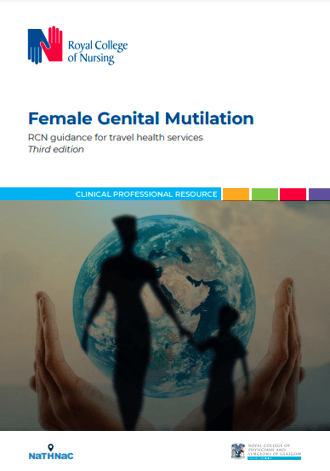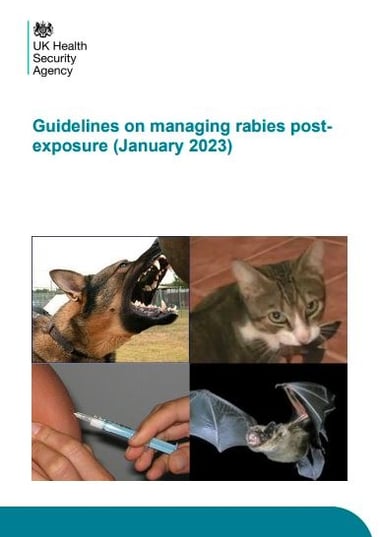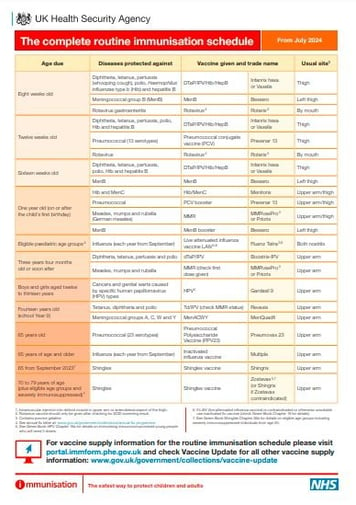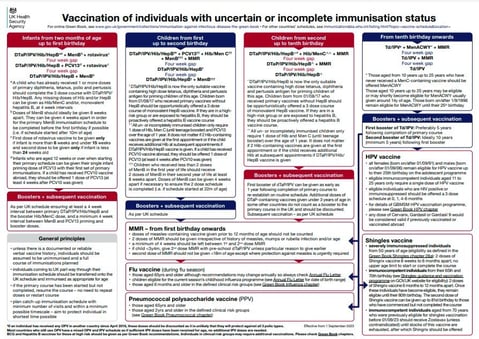Travel Health Key Documents
"Rules are not necessarily sacred; principles are." - Franklin D. Roosevelt
RCN Guidance
Not just for nurses...
This document answers a LOT of commonly asked questions on courses.
Such as:
How much training do I need to do to be able to perform travel consultations?
Do I have to discuss ALL the vaccines or just the ones I give?
Can I just discuss vaccines and nothing else?
How long should a travel consultation be? What if there are kids in the consultation?
Are there any competencies for travel health advisors?
Do I need to do updates and how?
What is the best way to deliver the service? Are there any forms that I can use?
What legal mechanisms are in place to deliver travel vaccines?
Can a nursing associate do travel vaccines?
What are the appropriate topics I should cover in a consult?
Why do we have to ask so many questions?
Now I am in love with the topic, how can I advance in the specialty of travel health?
RCPSG Guidance
Not just for Physicians and Surgeons...
This fantastic document answers a LOT of other commonly asked questions on courses (and overlaps very nicely with the RCN guidance above).
Such as:
What levels of care are required?
What are the standards i should be working to? (there are 11 pages of competencies in here!)
What are the regulatory differences within the UK?
What CPD and training is required?
What should my clinic room look like?
What record keeping should I perform?
Who can inspect and regulate my service?
What other training do I need to do aside from travel health?
Who can assess my skills and competency?
Not just for Malaria tablets...
Malaria Guidelines
Another INCREDIBLY useful document which goes into detail on all kinds of things. Of particular use is the evidence-based section on bite avoidance which you can use for ALL vector borne disease discussions, not just malaria.
Want to know if heavy metal music or vitamins can prevent mossie bites? This is your document (and, no).
Also in here is a thorough description of malaria and it's many consequences, advice on all the chemoprophylaxis options, maps and risk areas and also special risk travellers.
Want to know what to do about a traveller on warfarin who's antimlarials interact with INR levels? Or a pregnant woman who is also breastfeeding and heading to a malaria zone? Or someone on a cruise going to 16 different destinations?
No problem. This guidance will tell you exactly what to do!
FGM Guidance
Such an important topic.
In England, Wales and Northern Ireland, FGM is illegal under the Female Genital Mutilation Act 2003 and in Scotland it is illegal under the Prohibition of Female Genital Mutilation (Scotland) Act 2005. The legislation in England and Wales was strengthened by the Serious Crime Act (2015) to better support those at risk. WE CANNOT RISK MISSING THIS OUT OF A TRAVEL (or indeed ANY) CONSULTATION when a girl is traveling to a high risk country.
Here are some more resources and articles related to FGM that you might find useful but there is loads more info out there.
Free course - travel consults and FGM! PLEASE DO THIS!!!
Here is another free course but not specific to travel consults. Also ELFHC has one too that is free.
Female Genital Mutilation and its Management RCOG guidance
Oxford Health NHS Foundation Trust. Let's talk FGM
Not just for travel consults...
Not just for dog bites...
Post-exposure rabies Guidelines
Don't wait to read this until a Friday near end of the day when someone tells you they were bitten by a kitten in Turkey!
Some recent sad reminders why rabies vaccines and seeking treatment is so important.
Man succumbs to dog bite after failing to get vaccination in south-central Vietnam
Norwegian woman dies from rabies after Philippines puppy bite
Girl who hid she was bitten by a dog dies of rabies two months later
Why not watch my webinar on post exposure rabies to learn more?
TIP - don't forget to visit the immunisation key documents too - there is a LOT of overlap
Like going down rabbit holes?
TRY GETTING OUT OF THIS ONE!
(This report, produced by the Travel Health and International Health Regulations (IHR) team in the Clinical and Emerging Infections Directorate, UK Health Security Agency (UKHSA), summarises case numbers of selected travel-associated infections reported in England, Wales and Northern Ireland)

